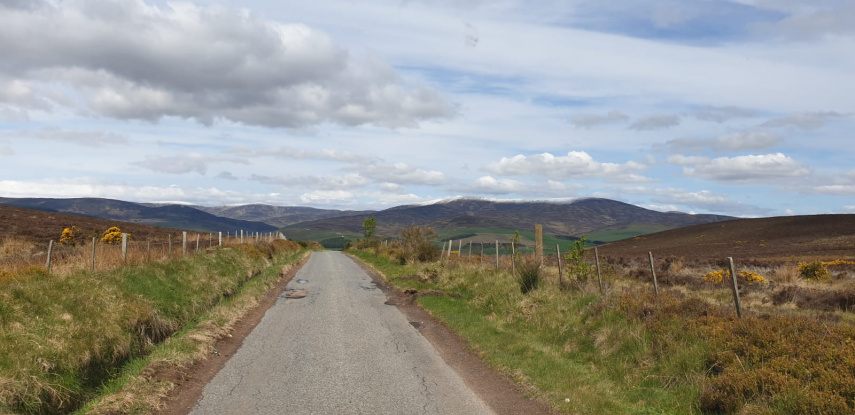
Tackling Climate Change – A window of opportunity
Hamish Trench
In our latest blog, Chief Executive Hamish Trench discusses the importance of today’s Climate Emergency Summit – seventh in the series facilitated by the Royal Scottish Geographical Society (RSGS) – on the topic of land, and reflects on the transformational change needed in land use to tackle Scotland’s big challenges. Together with NatureScot, the Scottish Land Commission is jointly sponsoring the event to widen the discussion around the central role of land in meeting Scotland’s ambitious targets to tackle the climate and nature emergencies. This blog was shared with delegates of the summit.
Our land is central to meeting Scotland’s ambitious targets to tackle the climate and nature emergencies, and to our economic recovery and renewal. The UK Committee on Climate Change highlight the importance of land in meeting Scotland’s targets – it underpins the 2045 target date for net zero.
Scotland’s updated Climate Change Plan, published in December, is clear about the pace and scale of land use transformation required. Importantly it is also clear that this transformation goes hand in hand with skills development, economic opportunities and more people living and working in rural Scotland: a just transition.
So we have a real window of opportunity ahead, the chance to shape transformational change in our land use in ways that addresses several big challenges of our time together.
Let’s use this opportunity to join up our action and thinking. This must be about both rural and urban land, and about both our environment and economy. With 80% of our peatlands degraded and the scale of woodland creation ambitions set out, there is no doubt we are looking at landscape scale transformation in rural Scotland. How do we drive this renewal of nature with the renewal of communities and rural economies at the same time?
In a more urban context we need to encourage a culture of land re-use: the ‘re-use and recycle’ message goes for land too. Thirty years on from a previous major economic restructuring, we are still dealing with the legacy of unused and derelict sites, and now the economic consequences of the pandemic risk creating a new legacy. We can transform these sites back into productive use to deliver climate action, for example through food or energy production, active travel and nature networks. How do we build a culture that prioritises the re-use of land, that doesn’t accept wasted sites while starting the cycle again on land somewhere else?
Delivering this land use transformation will need collaboration and systems scale thinking. Some of this is about technical management practices, and Scotland has a wealth of research, expertise and skills to draw on. Some of it is about governance, how we frame the ownership, use and management of land to enable change, make the most of the opportunities and spread the benefits. Again, Scotland has a strong focus on land reform and a framework for getting an effective balance of public and private interests in its Land Rights and Responsibilities Statement and Land Use Strategy.
We know that change is a given, and the headlines of land use changes needed. The big question for us is how do we make these changes in ways that can a) deliver at pace and scale and b) realise and spread the benefits along the way? For example, how do communities retain and develop the economic benefits of change locally? How is the growing financial value of carbon and natural capital held in land shared for productive use? How do we support the transition in fragile sectors and places to new skills and business models that will emerge?
Our climate targets bring home to us how much potential there is in our land. They remind us how big our land resource is, but also how small it is in terms of our multiple demands. We should think of our land not just as the landscapes on which climate impacts and mitigation will play out, but as a tangible means to drive action on the kind of climate, nature and economy we want: a very practical way to help build a wellbeing economy. There is an urgency to this, and a window of opportunity now to shape a decade of land use transformation.
